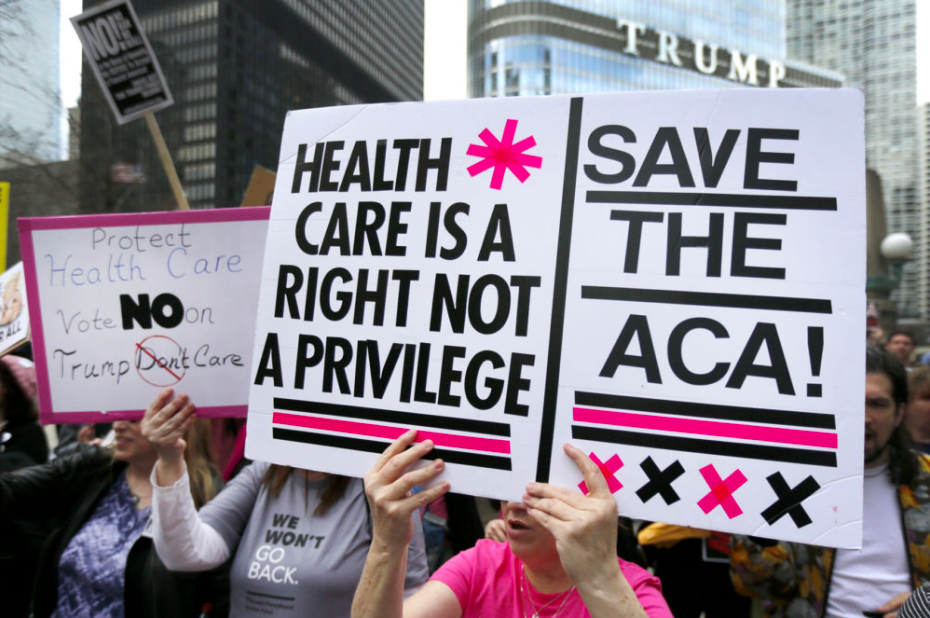
I published this in Epoch Times and wanted to share it with you all here, too. Looking forward to your comments!
Liberal elites delight in showing tolerance for things their neighbours cannot stand. Liberalism demands embrace where many people, by nature, might recoil.
However, even committed classical liberals and libertarians find some things beyond the pale, but they have lost the language to say why. Consider three examples.
The Halton District School Board ruled recently that an Oakville shop teacher be allowed to continue wearing his “large prosthetic breasts in class.” Dimensions aside, choice of attire necessarily falls outside the liberal ethos.
CBC Kids News, the “daily news service for kids in Canada,” made special mention last week of Prime Minister Justin Trudeau’s upcoming guest appearance on Canada’s Drag Race, another first for Canada. Trudeau’s appearance on a drag show is news enough; making sure kids know about it adds another twist. Nonetheless, liberalism has nothing to say about normalizing drag.
Last, consider the increased attention devoted to gender transition. We have a “no questions asked” approach with gender-affirming care. Some classical liberals raise alarms about children, but gender transition also falls outside liberalism. If therapy exists, then allowing transition is simply a debate about funding allocation.
Dress codes, drag, and transgenderism push the limits of liberal philosophy. These cannot be dismissed as aberrations of illiberal or progressive ideology. They are the logical outcome of liberalism itself.
American philosopher Tristram Engelhardt wrote that “Bioethics is a plural noun.” In “The Foundations of Bioethics,” Engelhardt argued we live in a world with many ethical systems. The Kantian pursuit of a canonical morality has failed: Reason alone cannot dictate dress codes or drag.
Liberalism thrived for several hundred years without an explicit canonical morality. It did so by sneaking in a Judeo-Christian ethic on the sly: A noble lie to keep the plebs at bay. But postmodernity exposed the ruse and rejected the insertion of morals without consent. No metanarratives allowed.
The brilliance of liberalism lies in being a thin philosophy. It is modest. Francis Fukuyama, well-known philosopher of liberalism, offers a simple definition in his latest book, “Liberalism and Its Discontents.” Liberalism is individualist, egalitarian, universalist (true for all), and melioristic (progresses toward an easier life).
Fukuyama dilates on “liberal institutions that have come under attack.” These “include the courts and justice system, non-partisan state bureaucracies, independent media, and other bodies limiting executive power under a system of checks and balances.” He provides a long list of liberal blessings including private property, contract enforcement, (charter) rights, and many others besides.
However, liberalism cannot take credit for all that. Most “liberal institutions” predate liberalism—ancient roots out of which liberalism grew, not the other way around. No question, courts, private property, contracts, and families flourish under a canopy of liberal policy. But liberalism did not create these vital social elements on its own.
In 1955, William F. Buckley wrote that a conservative is someone who “stands athwart history yelling, Stop.” Today, classical liberals are yelling: Your prosthetics are outrageous. You cannot make me endorse drag. I refuse to call a boy a girl.
Frustrated liberals express a sentiment outside of liberalism itself. The sentiment falls beyond liberal philosophy.
Beauchamp and Childress wrote the first edition of their bible of biomedical ethics, “Principles of Bioethics,” in 1979. In it, they appealed to a “common morality,” without seeing any need to define or expand the concept. By 2019, their eighth edition struggled to find language for a concept liberalism forgot.
The search for language to express a sentiment is not new. Edmund Burke called it prejudice. A positive connotation of “prejudice” has died, but the concept survives in public life. It remains in the reflexes we use to solve innumerable problems. Consider going to work:
Am I expected to pass the stopped truck or wait?
Should I feel obliged to hold the elevator?
Was it rude for the secretary to not say hello?
Is it odd that the shop teacher wears “large prosthetic breasts?”
We find ourselves in a new, post-liberal era without words or signposts to guide us.
Although American political philosopher Patrick Deneen popularized the label in 2018 with his book “Why Liberalism Failed,” he only echoed what many others had been saying; for example, Philip Blond with “Red Tory” in 2010, and John Gray with “Enlightenment’s Wake” in 1995.
In “The Politics of Virtue: Post-Liberalism and the Human Future,” British philosopher John Milbank, a pioneer in post-liberal thought, jumps to say post-liberal is not anti-liberal. We are simply in a new era of rediscovery. Moving forward requires language relevant to our time.
Until now, liberalism avoided on principle any meaningful comment on things such as dress codes, drag, and transgenderism. Liberalism relied on social consensus—a common morality, if you will—to guide behaviour. That consensus no longer exists. Popular theories such as woke ideology; equity, diversity, and inclusion; or critical theories rush to define a contemporary consensus. They offer new, illiberal ways of saying, “You just shouldn’t do that.”
Liberals face a stark choice. We can admit the limits of liberalism and start reinventing language to express social consensus, or we can allow a new consensus to be defined by illiberal reformers. Liberal tolerance fails without a shared sense of limits. Perhaps, it is time for liberals to pivot.


